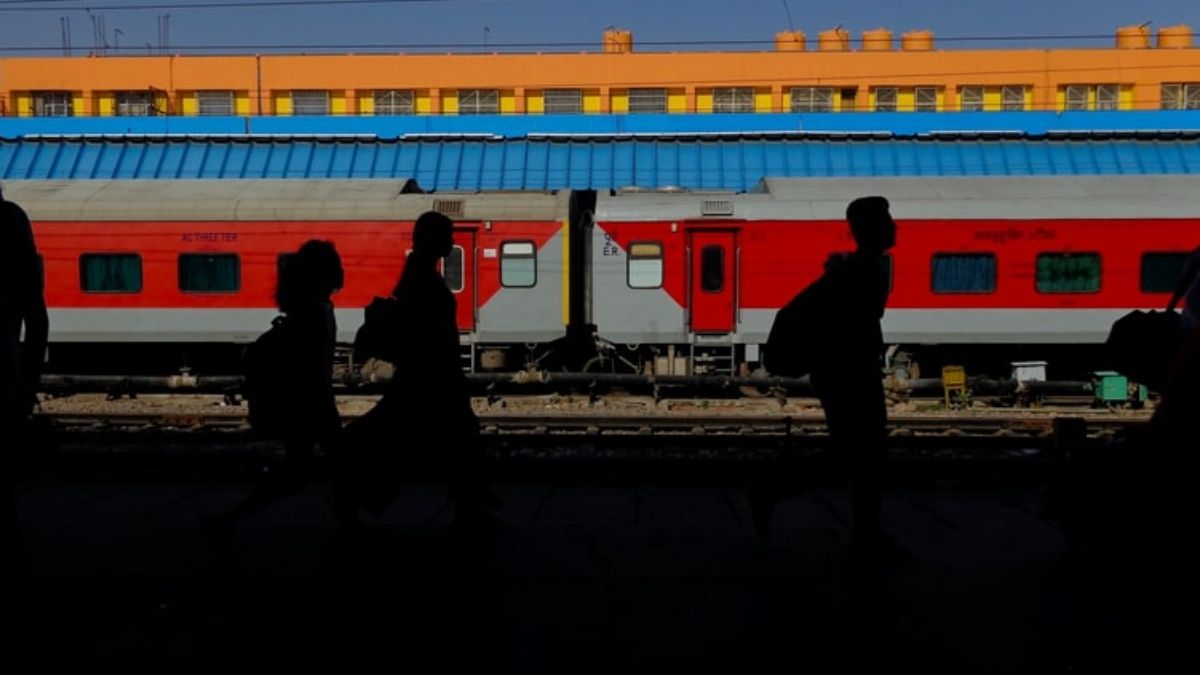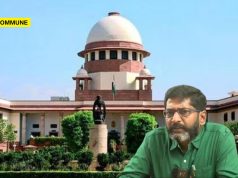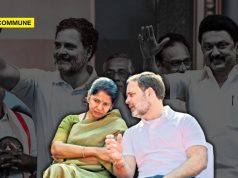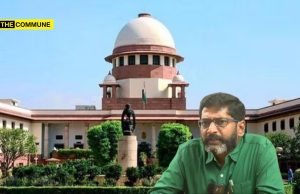
The Ministry of Home Affairs decided to run the special Shramik trains from May 1 (labour day) to move the migrant workers, students, and tourists stranded in different parts of the country. These trains would be plied at the request of the ‘sending’ State governments. Only those who are found asymptomatic would be screened and allowed to travel with strict social distancing norms. On arrival, they would be screened at the destination again for symptoms. The ‘sending’ State government should arrange for the commute of passengers and provide them with food and water for the journey.
The fare for these trains includes the charge of sleeper class ticket, superfast charge of ₹30 and an additional ₹20. The Indian Railways on Monday clarified that the ‘sending states’ should pay for transporting the migrants and is up to them to decide for how to fund this cost. Ever since the Centre announced the move, much confusion has prevailed over who is paying for the ticket. Here, we clear the air by answering some of the questions the issue has attracted.
Should people have to pay for the tickets?
Depends on the ‘sending’ state. The Indian Railways bears 85% of the cost of the ticket. The rest 15% is to be borne by the state. The government of the ‘sending state’ has the following options – the State government could bear the expenses or levy it on the passengers or ask the ‘receiving’ state to share the expenses or charge it to a fund.
There is no provision for the passengers to ‘buy’ the tickets. No tickets are sold through railway counters or through IRCTC. So, if people have been charged for the Shramik trains ticket, it was the State’s prerogative and not the Centre’s.
Did any state make the travellers to pay for the ticket?
According to media reports, the states that made the travellers pay are Maharashtra, Kerala and Karnataka. Kerala Chief Minister in a press conference said that the state had no plans of paying for the tickets for migrants who are mostly from the states of Bihar, Jharkhand and Odisha. The Gujarat government has roped in an NGO to pay a part of the cost. The Bihar and Jharkhand government are spending from their own coffers for the transport of migrants.
Why can’t the Centre bear the entire cost?
India is a federal country where Centre and State governments have their share of responsibilities. The decision to let states pay for 15% is for them to be a part of the fight against the disease. Had the cost been borne entirely by the Centre, State governments would not think about limiting the number of people to travel. Social distancing would have gone for a toss then. With the states being made to pay a cost, it ensures that state governments identify and send only those in need.
What would be the impact of Sonia Gandhi’s move to pay for the ticket?
Just like how an NGO is sponsoring for the ticket in Gujarat, similar is the attempt by the Congress Party, the only difference being that the latter had Sonia Gandhi announcing the move in a grand way. What the Congress party must realize is that it is a political party and not an NGO.
Also, the Congress party asking for its Pradesh Congress Committee to pay for the travel of migrant workers could lead to mayhem with people thronging the railway stations to get back to home. Although only those identified by the state government would only be allowed to travel, it could lead to misinformation being spread that the Congress party is paying the tickets for all those wanting to go back home. This could trigger a wave of migrants to queue at railway stations. It looks like the intention of the Congress party is to increase the spread of the virus and blame the centre for mismanagement of the pandemic.
India is at a curcial stage of containing the pandemic. The last thing that this country needs is for the virus to spread in its villages.




